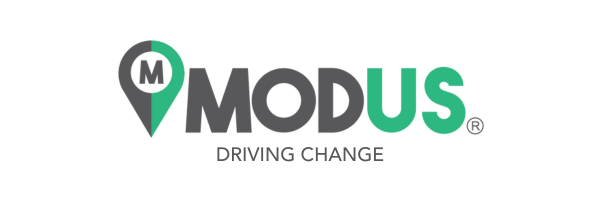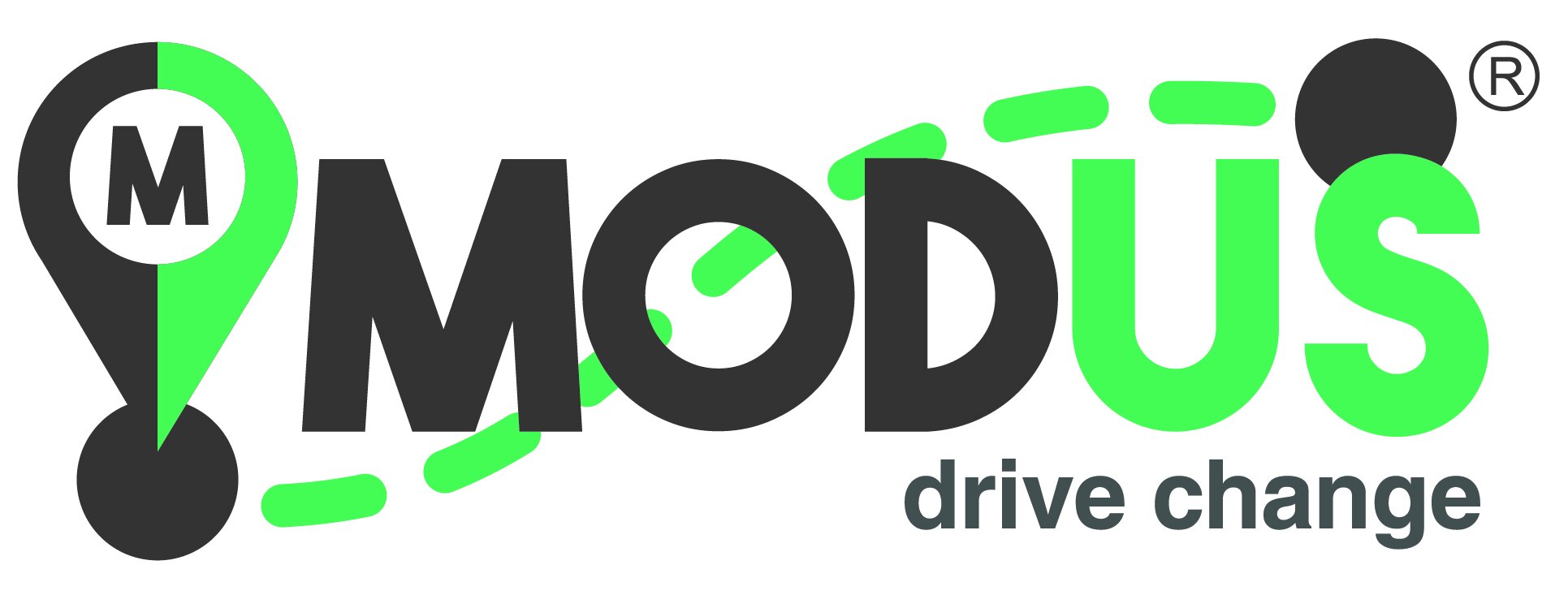Understanding the Past to Build a Better Future : Redlining & Transportation
Understanding the Past to Build a Better Future
At Modus, we believe that access is more than just getting from point A to point B—it’s about unlocking opportunity. And to build a more connected, equitable Tulsa, we must also understand the historical systems that shaped how our city moves.
Decades of policies and practices—often made without community input—have left deep impacts, especially in communities of color. From how transportation projects are funded to how they’re designed and policed, these decisions continue to shape the everyday lives of Tulsans.
A Look Back: Where We’ve Been
Redlining—a discriminatory practice where neighborhoods were denied investment based on race—left many communities underdeveloped and disconnected. In Tulsa, historically Black neighborhoods on the north side were labeled “hazardous” in 1940s maps, cutting them off from critical infrastructure, including reliable transit.
As a result, families in these neighborhoods often face longer commutes, fewer job opportunities, and less access to healthcare and social services. Even today, many communities still feel the ripple effects of these decisions.
Public Transit and Historically Black Tulsa Communities
Public transportation is more than a convenience—it’s a vital lifeline to opportunity. But in Tulsa, like in many American cities, our transit systems haven’t always served all communities equally. Historically Black neighborhoods in North Tulsa have faced decades of disinvestment, and the public transit infrastructure in those areas still reflects that legacy today.
Routes are limited, wait times are long, and access to stops is often unsafe or nonexistent. For residents without a personal vehicle, that can mean spending hours each day navigating a system that wasn’t built with them in mind. This lack of reliable transit limits access to jobs, healthcare, education, and even fresh food—all essential for upward mobility.
These gaps are not just about infrastructure—they’re about equity. When transit funding prioritizes suburban expansion or highway maintenance over frequent, reliable bus service in underserved neighborhoods, it reinforces the very disparities our community is working to undo.
But there’s hope. Community advocates, urban planners, and transit riders are pushing for better investment in public transportation that reflects the needs of historically marginalized communities. By expanding service, improving safety and reliability, and involving community members in decision-making, Tulsa has the opportunity to rewrite the story—and make public transportation a tool for connection, not exclusion.
Planning Without Participation
When city planning doesn’t include the voices of those most affected, it can create more barriers than solutions. Projects that impact neighborhoods must center the lived experience of the people who live there. While federally funded programs now require community engagement, those meetings are often hard to attend due to limited transportation, inflexible hours, or lack of childcare.
Representation in the planning process matters. Yet as of 2016, only 15% of members in the American Planning Association identified as people of color. That gap in lived experience and perspective can lead to decisions that disrupt, rather than support, the communities they’re meant to serve.
Where We Go From Here
The good news? Change is already in motion. Across Tulsa, nonprofits, community advocates, and policy leaders are working together to reimagine transportation systems that work for everyone. At Modus, we’re proud to be part of that movement—providing curb-to-curb rides for those who need them most.
If you believe every Tulsan deserves to get where they need to go—whether it’s a job interview, a doctor’s appointment, or school—we invite you to take action:
✅ Support local nonprofits serving your community. Check out our community partners here.
✅ Learn more about how historical systems still shape our city
✅ Partner with us to help more neighbors move forward
✅ Show up and speak up—attend city council meetings, public transportation forums, and community planning sessions. Your voice matters, especially when decisions are being made about funding, routes, and neighborhood impact.
The more Tulsans who show up for equity, the more we can shape a system that truly works for everyone. Because when we move together, we move Tulsa forward.

